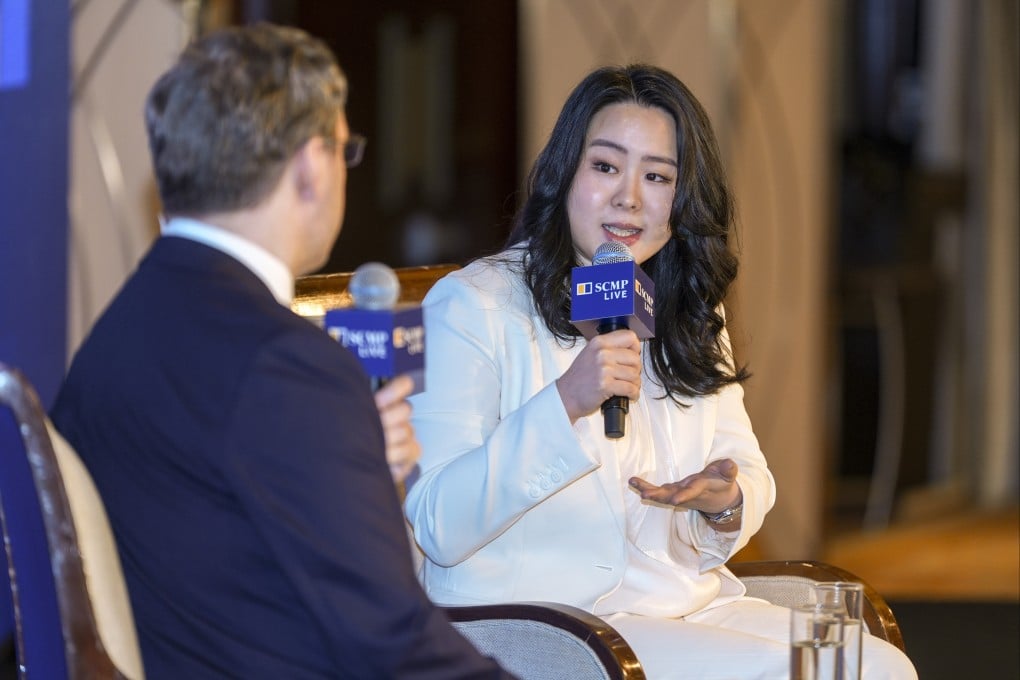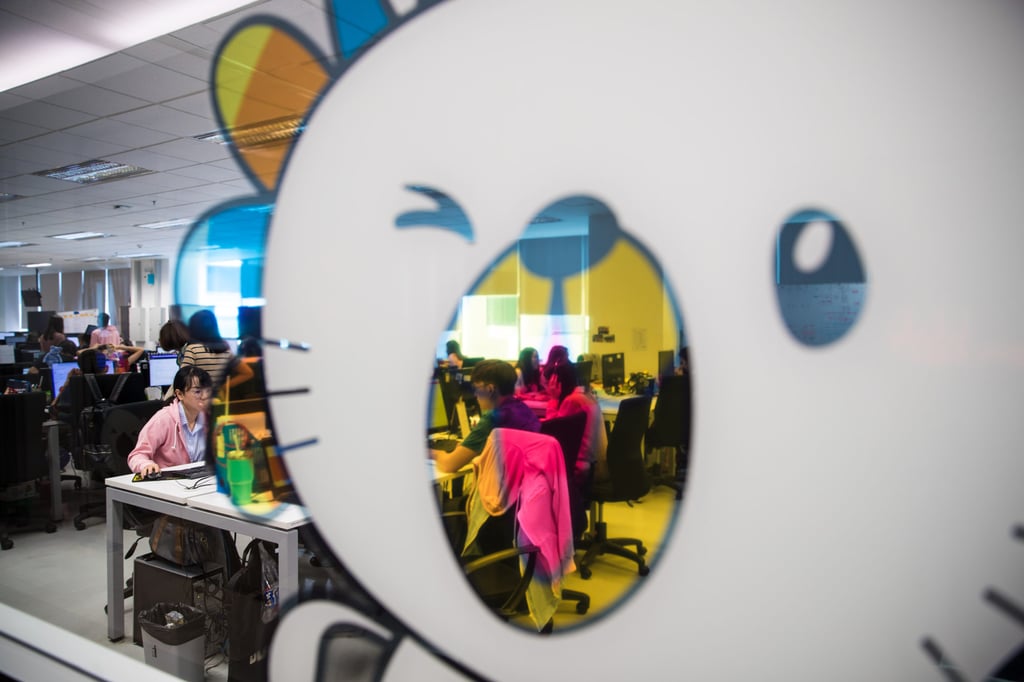Lazada’s youngest executive sees AI, logistics as biggest strengths against rivals like Temu
Lazada Thailand CEO Varitha Kiatpinyochai said free returns and chatbots are proving to be important differentiators amid rising e-commerce competition

“With Lazada being part of the Alibaba Group, we can really leverage the best-in-class technology and ecosystem of the group,” Kiatpinyochai, who took over Lazada Thailand this year, said in an interview on the sidelines of the Hong Kong-Asean Summit, where she spoke on Southeast Asia’s e-commerce landscape. “The big advantage is how we leverage technology, especially AI, in the app throughout the consumer purchasing journey. I think AI has really been a game-changer for us.”

Kiatpinyochai, Lazada’s youngest executive at 32 years old, pointed to how Lazada is using AI in different areas to better engage consumers, especially more tech-savvy consumers in Thailand. One of the latest developments includes LazzieChat, a chatbot that uses OpenAI’s GPT model rather than Alibaba’s own Tongyi Qianwen models. Generative AI has been a key part of Lazada’s localisation efforts, with LazzieChat now available in the languages of Bahasa in Indonesia, while Thai and Vietnamese are planned.
Competition has recently been heating up in the global e-commerce space, as companies like Temu and Shein use relationships with Chinese manufacturers to engage in aggressive price competition.
Kiatpinyochai welcomed the competition, saying that ultimately it is the consumers who win.
